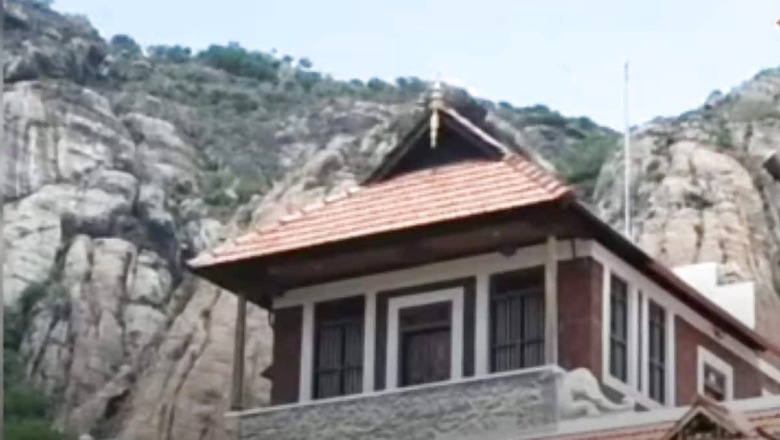
views
As climate change and global warming continue to threaten the planet Earth, sustainability is no longer limited to a buzzword, especially in the manufacturing industry. A 2020 survey by McKinsey found that over 60% of respondents were willing to pay more for a sustainable product. This rising eco-consciousness among consumers has compelled companies to reevaluate their products, manufacturing processes, and material sourcing to reduce their environmental impact. The fenestration industry is not an exception.
From production to end-of-life recycling, leading window and door manufacturers are implementing creative sustainability initiatives like renewable materials, energy-efficient designs, and responsible disposal programmes.
Aluminium: The Choice of the Fenestration Industry
“For centuries, windows have been used as the raw material to manufacture doors and windows. But in the last decades, uPVC and aluminium have gained popularity, and aluminium stands out as the preferred choice for its unique combination of durability, energy efficiency, and environmental sustainability. This versatile material enables the creation of large windows, allowing ample natural light to enter living spaces,” says Nehal Bazari, Head of Marketing & Strategy, Eternia, a venture of Hindalco within the Aditya Birla Group.
Moreover, aluminium’s exceptional strength and lightweight properties facilitate the installation of high-performance glass, which plays a pivotal role in regulating interior temperatures. Bazari adds, “With advanced glazing technologies, aluminium windows can effectively minimise heat transfer from the outdoors, reducing the need for extensive cooling systems and further enhancing energy efficiency. Additionally, aluminium’s resistance to rust, corrosion, termites, and rodents ensures longevity, minimising the need for frequent replacements and increasing the lifecycle of windows.”
India’s climate context is changing; it ranks 4th in the world in terms of the number of cyclones. WiWA-certified aluminium doors and windows offer comprehensive protection against heavy winds and cyclones, making the material ideal for high-rise and large expansive windows.
Aluminium’s status as a fully recyclable material underscores its sustainability credentials. Unlike wood, which involves the felling of trees, or uPVC, which contributes to plastic waste, aluminium offers a sustainable solution.
Manufacturers can reclaim scrap aluminium from production processes and remelt it for reuse, perpetuating a cycle of resource efficiency and waste reduction.
Bazari shares other eco-friendly practices that can be adopted by the fenestration industry
- Solar-ready designsWith the growing popularity of solar power, integrating solar-ready designs into windows and doors can be a game-changer. By incorporating features like built-in solar panels or easy installation points for solar energy systems, brands can empower customers to harness renewable energy and reduce their reliance on traditional power sources.
- Recycling and disposal programmesAs part of their long-term commitment to sustainability, brands can implement recycling and disposal programmes for their products. Companies can develop partnerships with recycling facilities or organisations that help dispose of old windows and doors, ensuring they don’t end up in landfills.The transition towards eco-friendly fenestration practices represents a significant step forward in the sustainability movement. By embracing aluminium and adopting green manufacturing processes, fenestration companies are reducing their environmental footprint and creating awareness in society at large. As awareness grows and consumer demand for sustainable products continues to rise, the fenestration industry stands poised to lead the way towards a greener, more sustainable future.




















Comments
0 comment